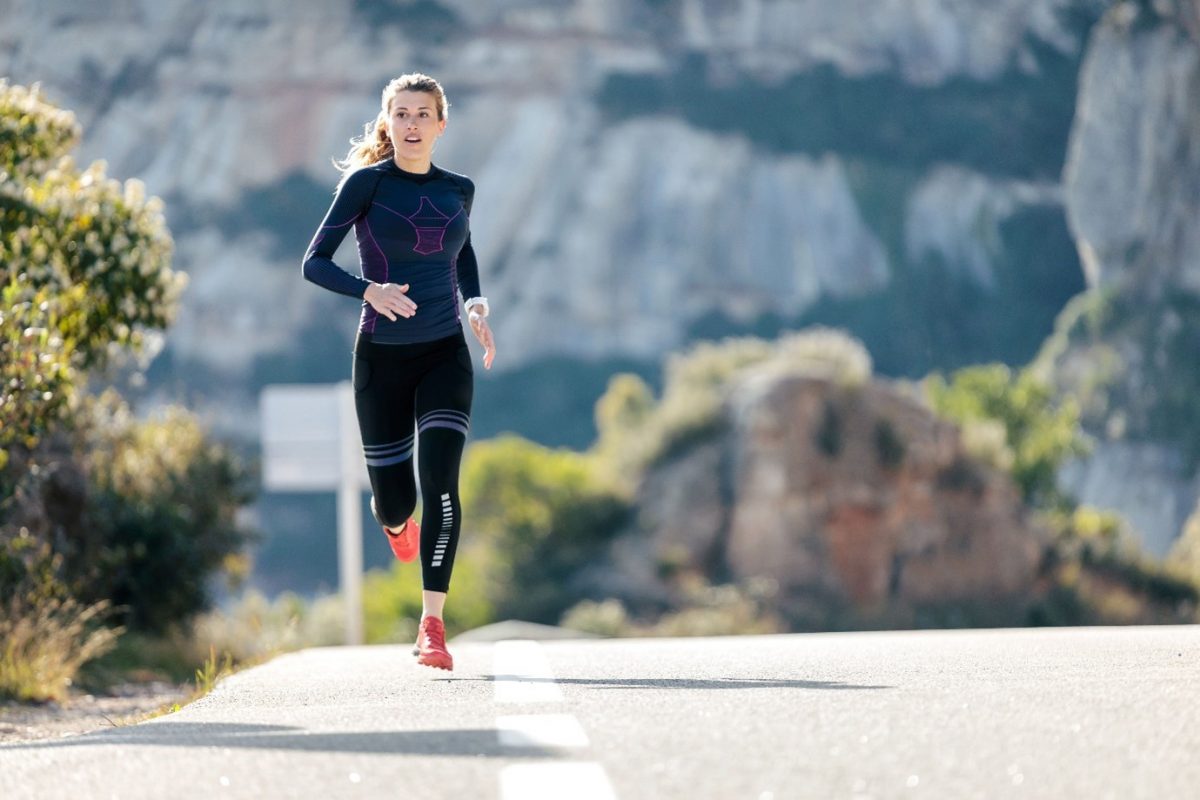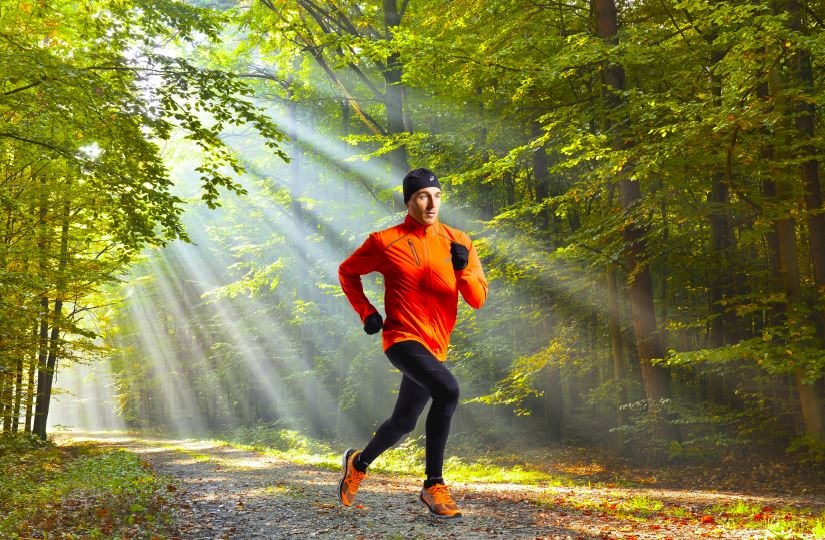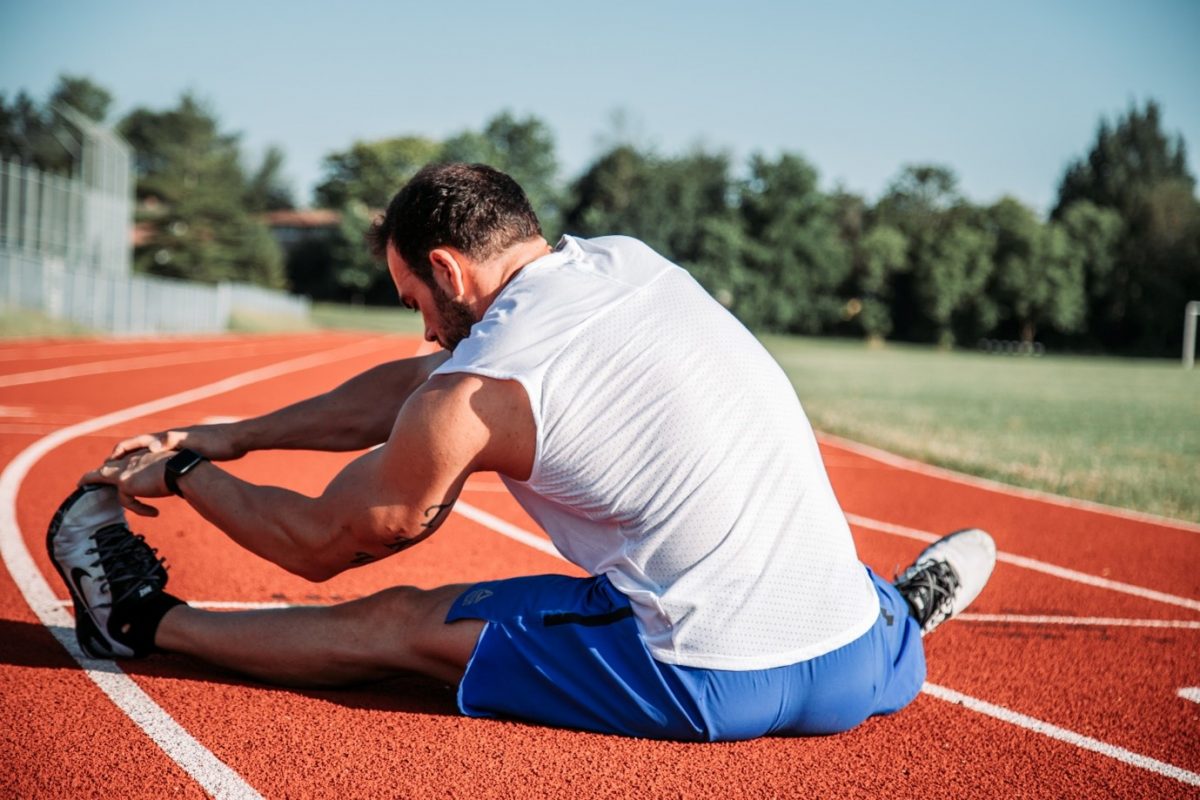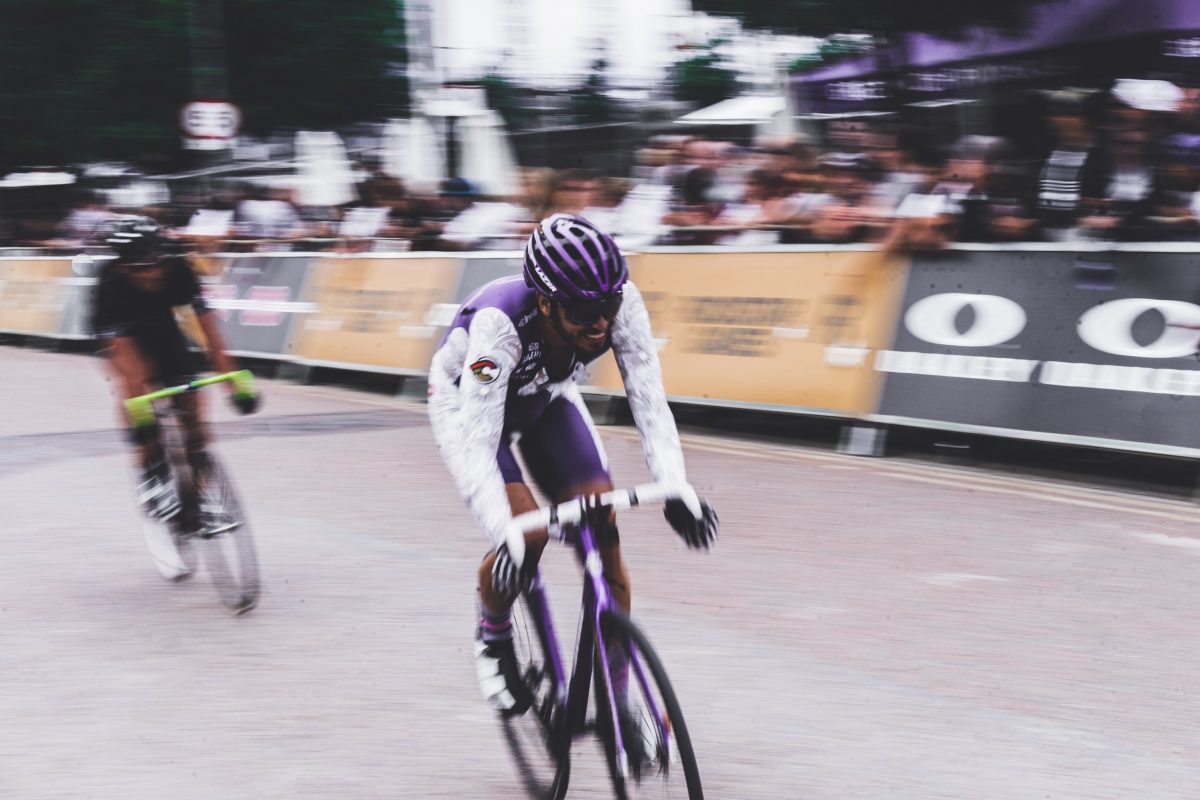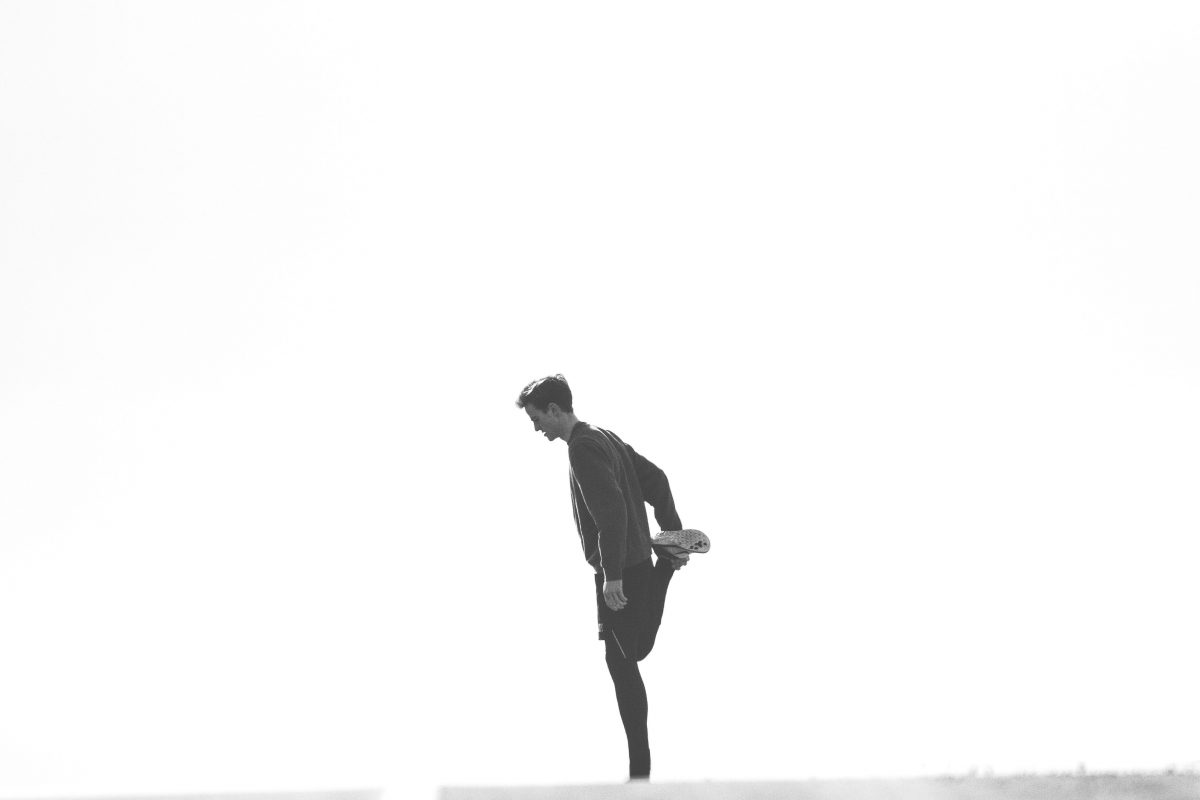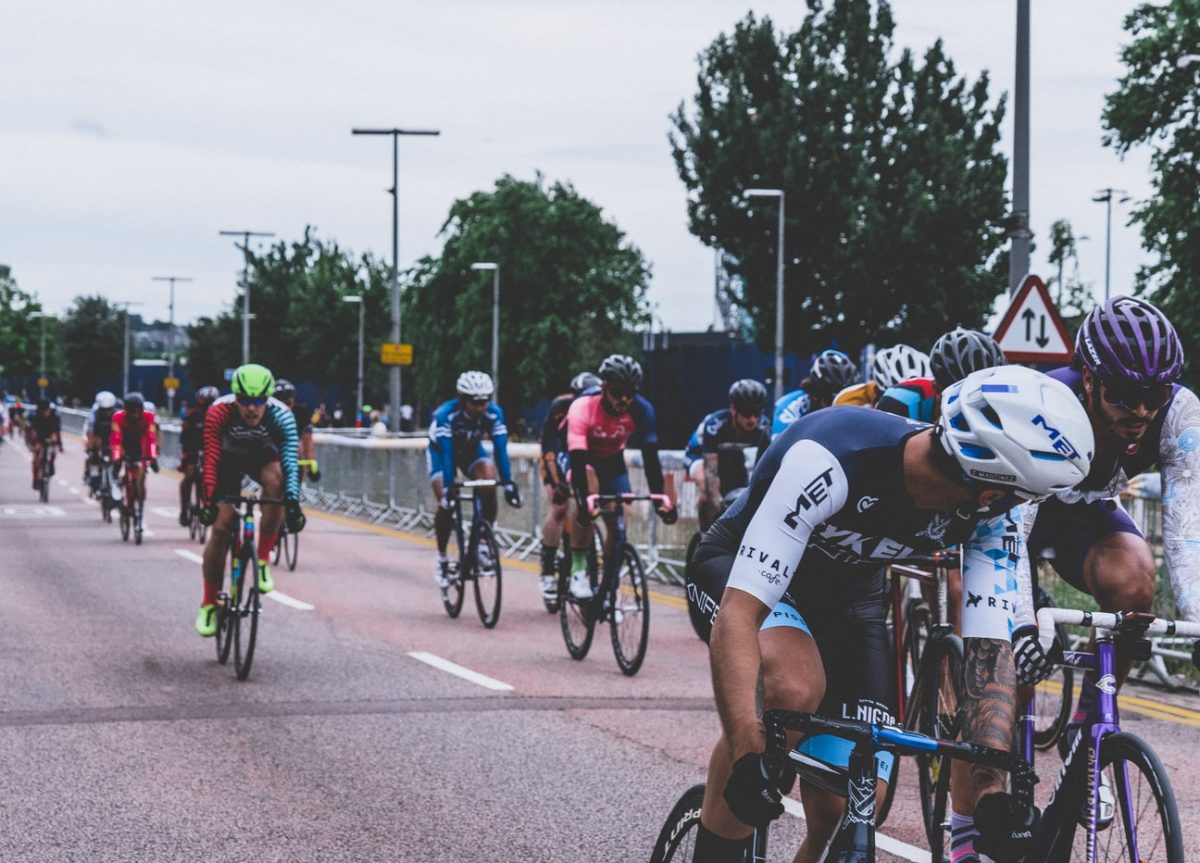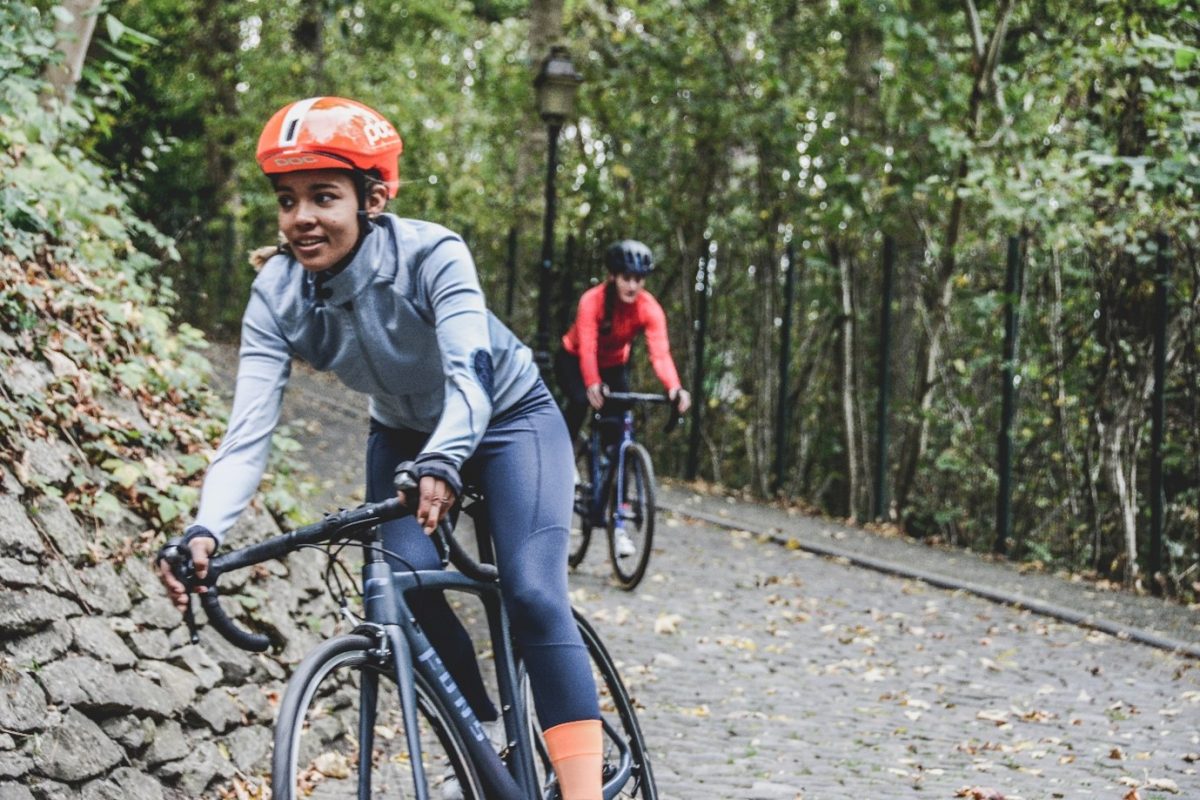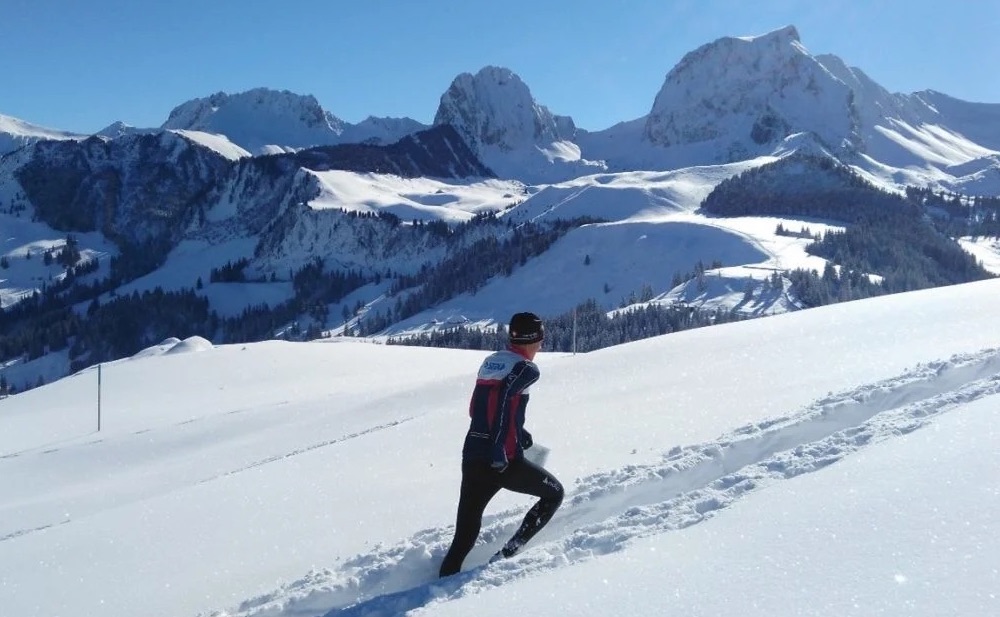Running is an extremely efficient and simple sport. Tie your shoes and off you go, anywhere and anytime. But simplicity also has its pitfalls. If you enjoy running, you will run more often, further and faster. But if you “only” run, sooner or later you’ll end up with overuse problems. Therefore, you should look at running like a house that you constantly maintain, renovate, and also expand so that it lasts in the long run. Ten points that make a complete runner.
Running is more than “just” running
